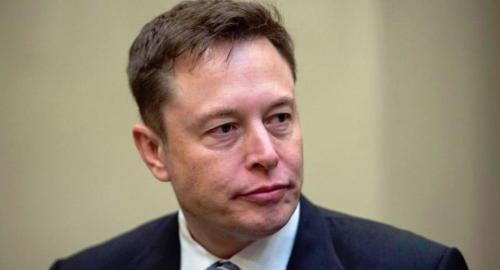The Securities and Exchange Commission is under mounting pressure to take action against Elon Musk as a result of the embattled CEO’s tweet earlier this month, where he stated he had “funding secured” for a bid to take Tesla private at $420 per share. Musk has so far been unable to back the tweet up with any type of tangible proof that he did, in fact, have funding “secured”.
After Musk’s tweet, the stock at one point briefly eclipsed $380 and since then has been volatile, swinging to as low as $282 per share in during this Tuesday’s pre-market session – a range of nearly $100 per share.
A person familiar with the regulatory investigation is under mounting pressure as stating that the SEC believes they will be subjected to “a beating from politicians and in the media” if Elon Musk escapes this debacle without a sanction. Sanctions from the SEC can be monetary or remedial in nature – or both – ranging from simple fines to more serious actions like injunctive relief and officer and director bars.

The revelation that the Securities and Exchange Commission is under pressure to act comes From a under mounting pressure that also makes two additional revelations regarding the SEC’s investigation of Tesla.
One of the reasons that the SEC is feeling increased pressure to act is because Democratic lawmakers have been critical of Jay Clayton‘s tenure as Chairman of the SEC, claiming that the agency has been too “lax” with enforcement actions. Ironically, it now appears that the alternative energy poster-child often touted by the left as the second coming could be the first to bear the brunt of a far less “lax” enforcement action.













Leave A Comment